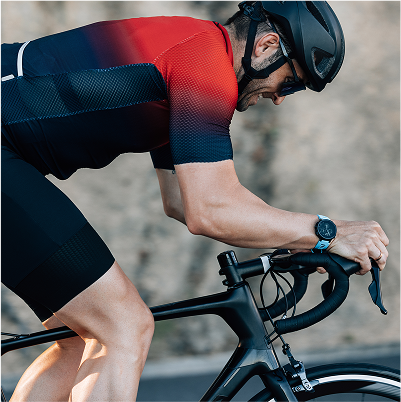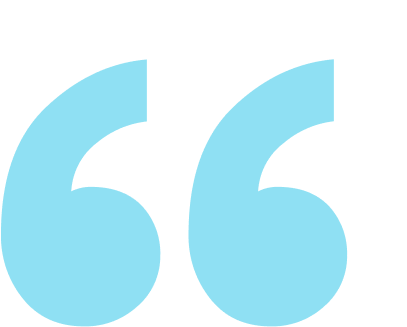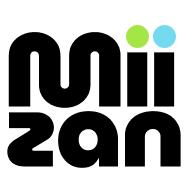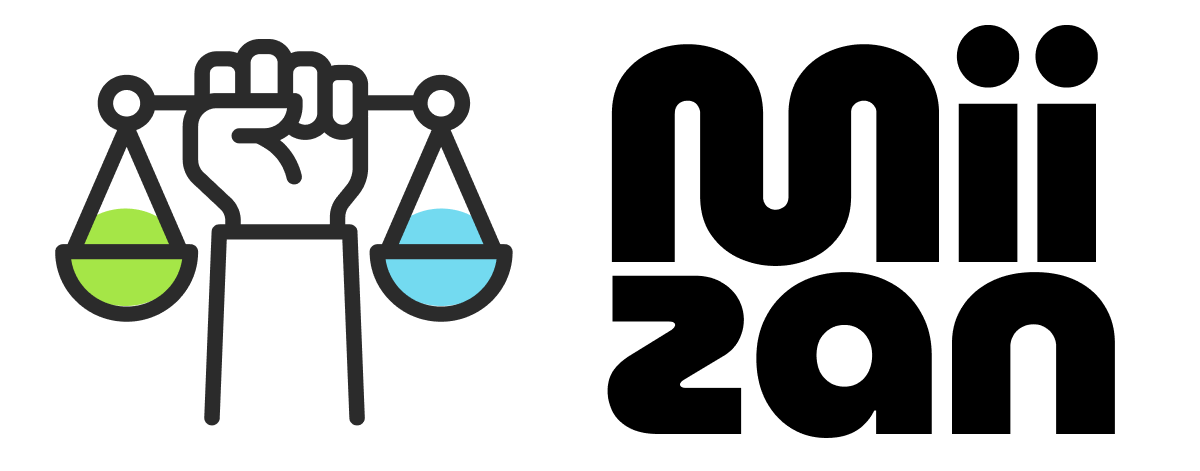
The Rise of Data-Driven Wellness: Why the Future of Health Apps Is Personal Insight
The wellness industry has given us thousands of apps promising transformation through step counts, meditation streaks, and calorie tracking. Yet despite having more health data than ever before, we're still struggling with burnout, stress, and feeling out of balance. What's missing isn't more data—it's the right kind of insight.
We’ve been collecting health data like we’re building a museum of metrics, when what we really need is a compass for daily decisions. Miizan was designed as exactly that: a daily compass for living a life of balance, purpose, and peace. Where other apps track single behaviors, Miizan interprets how your time, energy, and mood align across life’s four pillars: Work, Health, Relationships, and Inner Growth.
Why Traditional Wellness Apps Fail: Beyond Step Counts and Meditation Streaks
Walk into any app store's "Health & Fitness" section, and you'll find a familiar pattern: apps that gamify single behaviors. Steps taken, calories burned, meditation minutes logged, water glasses consumed. These apps excel at measurement but fail at something far more important—understanding.
The problem with this approach isn't that tracking is bad. It's that tracking without context creates noise, not clarity. When your fitness app celebrates 10,000 steps on the same day you feel completely drained, or when your meditation app rewards a 30-day streak while you're experiencing chronic stress, something fundamental is missing from the equation.
The Step-Count Paradox: You hit your daily step goal by rushing between back-to-back meetings, never pausing to connect with colleagues or reflect on your work. Your fitness app celebrates; your nervous system suffers.
The Meditation Mirage: You maintain a perfect meditation streak but spend 12 hours a day in high-stress work environments with no meaningful relationships or creative outlets. The mindfulness practice becomes another task on an overwhelming list.
The Calorie Conundrum: You precisely track every macro while eating alone at your desk, missing family dinners and social connections that research shows are equally vital to health outcomes.
These examples highlight a critical insight: wellness isn’t about perfecting individual metrics—it’s about understanding how different life areas interact and influence each other. As McKinsey research reveals, “Employers who aren't employing a systemic approach are not seeing improvements in burnout and employee mental health and wellbeing”(1).
This insight is backed by compelling research: the landmark Whitehall II study shows that “people who work more than 55 hours every week are 1.66 times more likely to get depression and 1.74 times more likely to suffer from anxiety”(2), while Stanford research reveals that “workplace stress — such as long hours, job insecurity and lack of work-life balance — contributes to at least 120,000 deaths each year and accounts for up to $190 billion in health care costs”(3).
What Data-Driven Wellness Apps Really Mean: From Tracking to Personal Insights
True data-driven wellness isn't about collecting more numbers. It's about generating personal insights that help you make better decisions about how to spend your time and energy.
Rather than maximizing isolated numbers, data-driven wellness focuses on impact-weighted balance. For example, a 10-minute reflection can be as foundational to your wellbeing as hours of work. Miizan’s framework recognizes these disproportional returns, ensuring that small but meaningful acts carry the weight they deserve.
Instead of asking “How many steps did I take?”, data-driven wellness asks “How did my activity levels affect my energy and mood today?” The number becomes a data point in a larger story about your well-being patterns.
Rather than trying to maximize individual metrics, data-driven wellness focuses on balance and integration. It recognizes that a day with fewer steps but more meaningful relationships might actually serve your overall health better than a high-step, socially isolated day.
While traditional apps apply universal goals (10,000 steps for everyone!), data-driven wellness acknowledges that your optimal balance is uniquely yours, influenced by your life circumstances, values, and current season of life.
How Mood Tracking and Life Balance Transform Wellness Technology
The next generation of wellness apps doesn't just track what you do—they help you understand why it matters. This requires three types of data working together:
Behavioral Data: How you actually spend your time across different life areas
Physiological Data: Sleep quality, activity levels, recovery metrics
Emotional Data: Your mood, stress levels, energy, and sense of purpose
When these data streams combine, something powerful happens. You start to see patterns like:
"My mood consistently dips when work exceeds 60% of my waking hours"
"I feel most energized on days with at least 90 minutes of relationship time"
"My stress levels correlate more with lack of reflection time than with work intensity"
Mood, in particular, isn’t fluff—it’s signal. Miizan treats it as the compass that shows whether today’s time use is truly serving your inner state.
This holistic approach aligns with groundbreaking findings from Harvard's 85-year Study of Adult Development, which concluded: “Positive relationships keep us happier, healthier, and help us live longer. Period.” As the study's director noted, “Taking care of your body is important, but tending to your relationships is a form of self-care too. That, I think, is the revelation.” (4)
The Miizan Approach: Life Balance as the Ultimate Wellness Metric
Miizan's approach exemplifies data-driven wellness in action. Rather than asking you to log countless individual activities, it integrates with your existing apps and calendars to automatically understand how your time flows across the four pillars of life. Then it adds the crucial missing piece: your daily reflection on mood, stress, and energy.
This combination reveals insights that single-metric apps simply can’t provide:
Pattern Recognition: "Your energy tends to dip when you spend over 50% of your day on work"
Emotional Intelligence: "Your mood improves on days with at least 30 minutes of Inner Growth time"
Relationship Insights: "This week, Relationships were under your baseline. Consider reconnecting"
Unlike traditional trackers, Miizan allows multi-pillar overlap—a walk with a friend boosts both Health and Relationships. This mirrors real life, where meaningful activities nourish more than one domain at a time.
The app's mathematical framework treats balance like nutrition: just as a healthy plate isn't equal parts of every food group, a balanced life isn't equal time in every area. Instead, it uses evidence-based baselines (roughly 40% Work, 20% Health, 20% Relationships, 10% Inner Growth) while adapting to your personal circumstances and goals.
The Future of Personalized Wellness: From Health App Guessing to Data-Driven Insights
The wellness industry is at an inflection point. The first generation of health apps gave us measurement tools. The second generation added gamification and social features. The third generation—which we're entering now—is about personal insight and contextual intelligence.
This shift represents a move from external validation to internal awareness. Instead of chasing badges and streaks that may or may not serve your actual well-being, data-driven wellness apps help you understand your own patterns and make decisions aligned with how you actually want to feel and live.
Consider the difference:
Traditional approach: "You've walked 12,000 steps! You're above your goal!"
Data-driven approach: "You've been active today, and when combined with 2 hours of relationship time and 30 minutes of reflection, days like this typically leave you feeling energized and purposeful."
The second approach doesn't just measure—it predicts and guides.
The Implications for How We Think About Health
This evolution toward data-driven, context-aware wellness has profound implications:
For Individuals: You gain the ability to experiment with your life intentionally, using data to understand what actually works for your unique situation rather than following generic advice.
For Employers: Organizations can move beyond superficial wellness perks to understanding the factors that actually support employee well-being and sustainable performance.
For Healthcare: Preventive care becomes more precise and personal, focusing on the life balance factors that research shows prevent burnout, anxiety, and chronic stress. Studies indicate that “secondary traumatic stress (67%) and burnout (63%) dominate over compassion satisfaction (23%)” (5).
For Society: We can move beyond the productivity-at-all-costs mentality to evidence-based approaches to human flourishing.
Conclusion: Wellness Is Moving from Guessing to Knowing
The future of wellness isn't about perfect adherence to arbitrary metrics. It's about developing a sophisticated, personal understanding of what actually makes you thrive. This requires apps that don't just track your behavior but help you understand the complex relationships between how you spend your time, energy, and attention and how you feel as a result.
Data-driven wellness represents a maturation of the health app industry—a recognition that sustainable well-being isn't about optimizing individual behaviors in isolation but about understanding and nurturing the dynamic balance that makes life both productive and fulfilling.
The apps that win in this new paradigm won't be the ones with the most features or the gamiest mechanics. They'll be the ones that help users develop genuine self-awareness and make decisions based on insight rather than assumption.
In a world where we're constantly guessing about what might make us feel better, data-driven wellness offers something revolutionary: the ability to actually know.
Miizan embodies this shift. Not a tracker, but a compass—helping you move from guessing to knowing, and from scattered metrics to a balanced, meaningful life.
Ready to move from guessing to knowing about your own well-being patterns?
Discover how Miizan's life balance framework can provide the personal insights you need to thrive.
Features you'll love
Mood is the missing data point that turns tracking into real life clarity.
Forget equal hours—discover the metrics that actually reveal true balance.
Meditation apps guide practice; Miizan shows how it fits into your whole life

“ The best thing a human being can do is to help another human being know more.”
American businessman, investor, attorney and philanthropist. (1924 – 2023)



